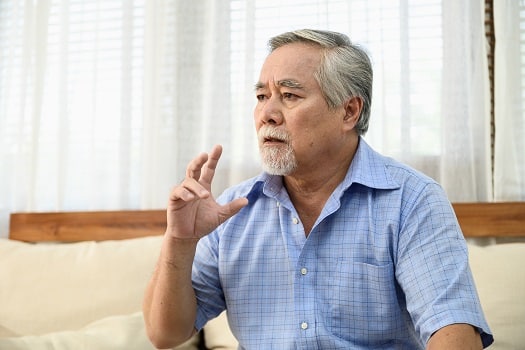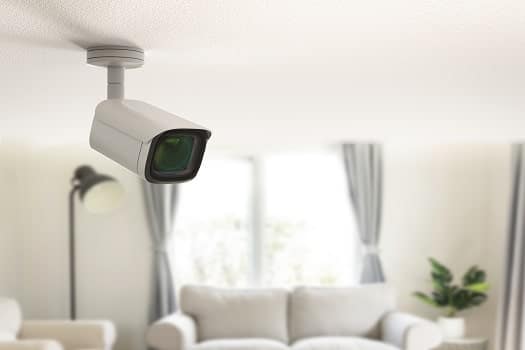Sleep Disturbances in Dementia: Identifying & Managing Nighttime Issues
Dementia typically causes physical issues for the brain and can lead to various challenges, such as sleeping disorders. Family caregivers need to learn how to identify the problems and ways to manage them. Doing so can help your aging loved one with dementia receive adequate rest while reducing stress for you and other caregivers.
Sleep-Wake Reversal
As dementia progresses, one of the issues may be sleep-wake reversal, which is a reversal in sleeping habits. This is due to factors such as a decrease in dreaming and non-dreaming stages during the night. Instead of resting at night, your loved one may want to wander around the room or home or yell your name and call out for different reasons.
Focus on these challenges and develop ways to manage them. One method is to provide regular eating and exercise routines for your loved one throughout the day and week. Maintaining a stable schedule could lower your loved one’s risk of waking up in the middle of the night as their body becomes readjusted to the schedule.
Caring for a loved one with dementia can be challenging, but compassionate help is available. At Companioa by Institute on Aging (IOA), our Concierge Client Care service includes high-quality, compassionate dementia care management. Our licensed Care Managers advocate for families, offering personalized care planning, medical coordination, lifestyle assistance, and improved family communication. With our expert guidance, families are able to navigate healthcare complexities and access the best resources for their loved ones’ wellbeing.
Rapid Eye Movement
Aging adults with dementia who experience rapid eye movement problems could physically act out their dreams throughout the different sleeping phases, causing them to get up and wander or disturb other people in the house at night.
Place pillows and other cushions around the bed to protect your loved one in case they fall out of bed. Keep in mind that dreams associated with rapid eye movement challenges are often violent, and seniors generally fail to remember them in the morning or whenever they fully awaken.
Restless Legs Syndrome
If you notice your loved one’s legs twitching or they have an overwhelming urge to move their legs at night, they could be experiencing restless legs syndrome. Anxiety and depression are other indicators you and other family caregivers need to look out for.
Try bathing your loved one during the evening hours to help them relax and lead to better sleeping patterns at night. You can also apply warm compresses to your loved one’s legs throughout the day. Incorporate activities into the day that boost your loved one’s mental and emotional activity, such as reading and family games.
When you understand the causes of your loved one’s sleep difficulties, you can help them sleep better and enhance their overall wellbeing. Caring for senior loved ones with dementia can be challenging for families who don’t have expertise or professional training in dementia care, but with caregiver coaching from the Certified Dementia Practitioners at Companioa by IOA, they can learn to navigate the evolving journey of their loved ones’ dementia with expert guidance and emotional support. Families can benefit from home safety assessments, customized action plans, biweekly check-ins, and caregiver support groups.
Medication
The above tips may not be as productive as your loved one needs, leading to the need for medication treatment. Speak with your loved one’s primary care physician to determine what prescriptions are best based on your loved one’s mental, physical, and emotional health. The doctor can give suggestions that lead to better sleeping habits.
Dementia may already affect your loved one’s thinking abilities, but taking sleep-inducing medication could lead to even more confusion, causing your loved one to face difficulty with basic actions, such as walking to the restroom. Therefore, monitoring the home is an excellent idea, ensuring there are no items in pathways that could increase the risks of slips and falls or other serious accidents and injuries.
Families who are caring for aging loved ones with dementia can get the personalized support they need with Concierge Client Care from Companioa by IOA. Our three distinct service offerings—Personal Concierge, Caregiver Coaching, and Care Management—ensure the highest level of compassionate professional concierge senior care that’s tailored to each client’s unique needs. We can be your trusted partner, providing the expertise and attention to detail that will help you navigate the complexities of dementia care. Call us today at (415) 750-4111 to talk to one of our compassionate Connect Specialists about our high-quality home care services.







